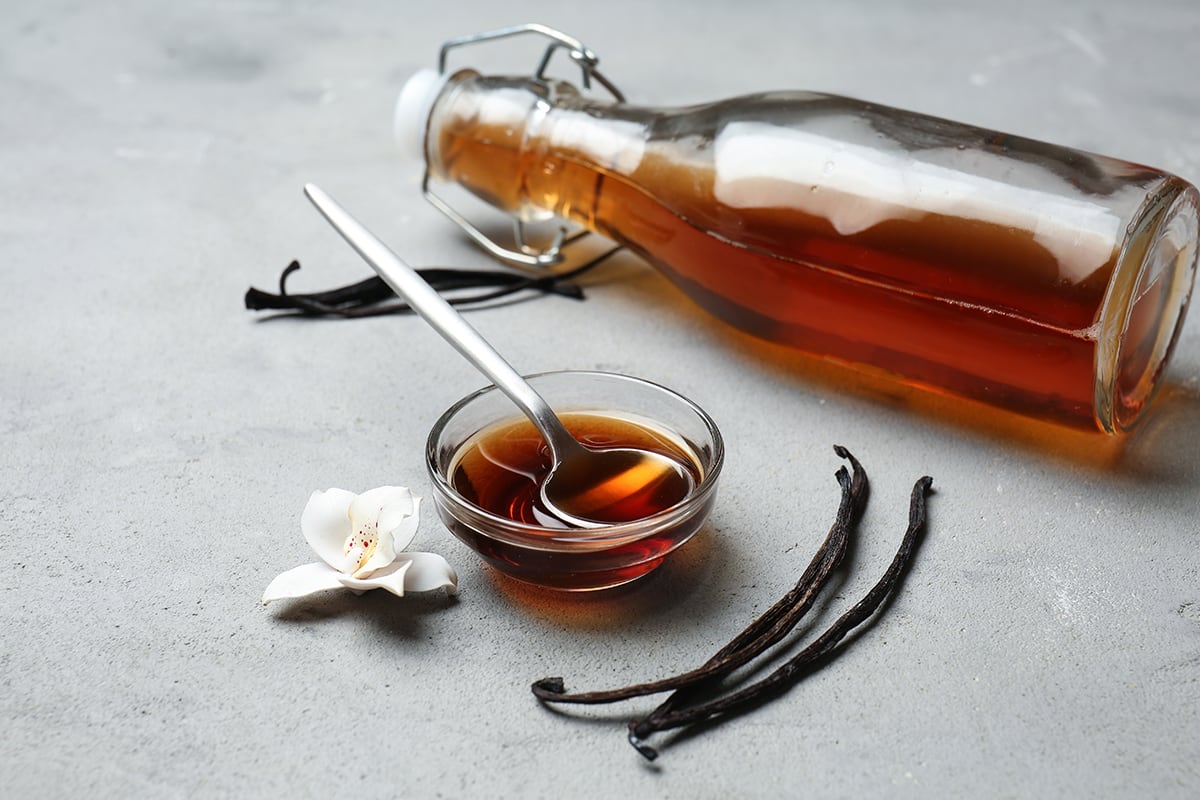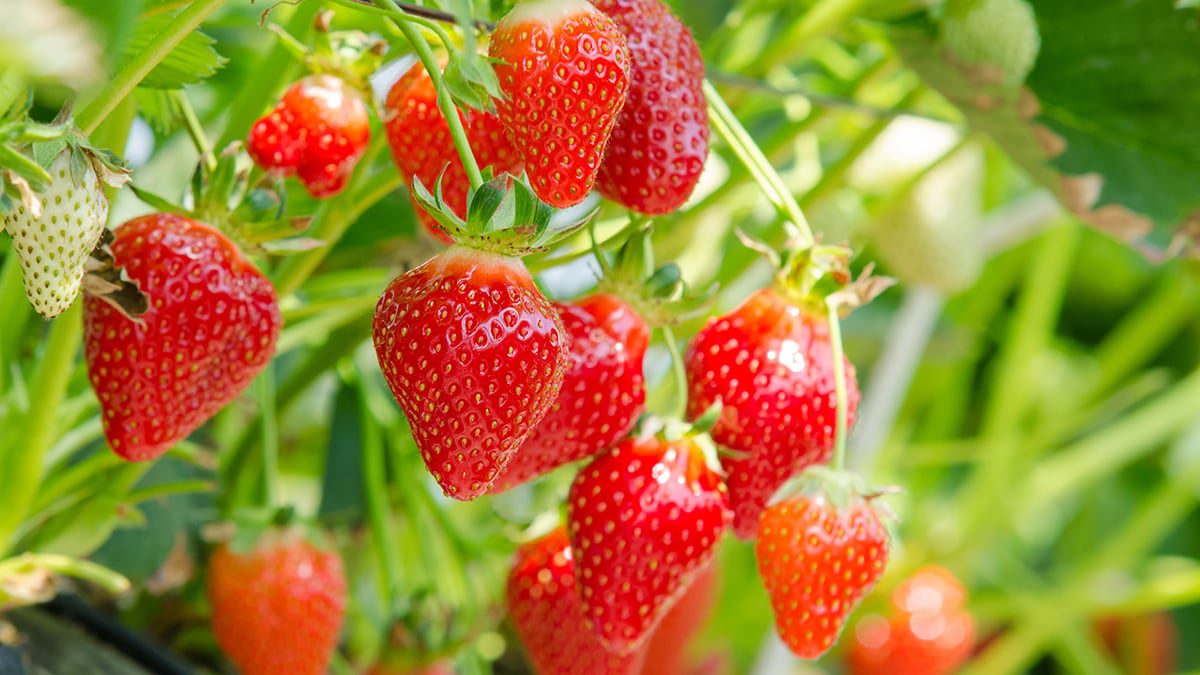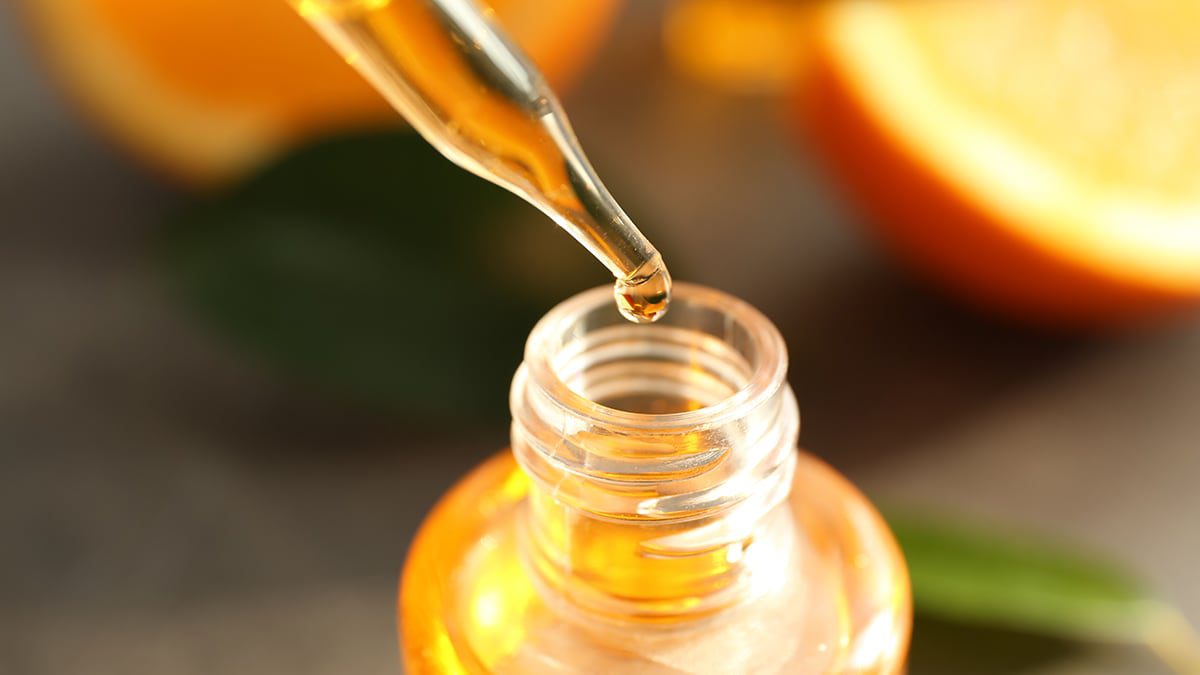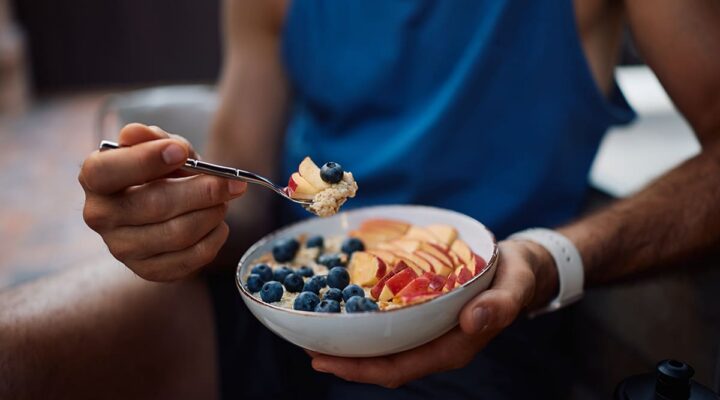Natural vs Artificial Flavours: Why the Difference Matters

When it comes to nutrition, most of us know to check the label for calories, protein, sugars, and maybe even scan the ingredients list. But one often-overlooked detail can say a lot about what you’re putting into your body: the type of flavouring used. Specifically, whether a product uses natural or artificial flavours.
At Form, we use only natural flavours in our products. It’s about integrity, transparency, and aligning every product with your health and values. In other words, when you see natural flavouring in our protein powders, you know it truly comes from nature, not a lab.

What Are Natural and Artificial Flavours?
Let’s start with the basics of what these terms actually mean:
• Natural flavours are derived directly from real food sources such as plants, fruits, vegetables, herbs, or spices. Producers obtain natural flavours by extracting essences using traditional, non-chemical methods like fermentation, cold pressing, or distillation. The result is a flavour that’s genuinely rooted in nature, capturing the authentic taste of the original ingredient.
• Artificial flavours are made in labs using synthetic chemicals. Chemists create artificial flavours to mimic natural tastes, but the compounds aren’t derived from the original food source. In essence, an artificial flavour is engineered to resemble a natural taste without actually coming from that natural ingredient.
Chemically, a natural and an artificial flavour can sometimes be very similar (even identical in molecular structure). But origins matter. A strawberry flavour made from real strawberries and one concocted in a lab might both taste like strawberry, yet choosing natural over artificial isn’t just a question of taste. It’s a reflection of quality, integrity, and mindful consumption of foods.
Why Form Chooses Natural Flavours
Our decision to use natural flavouring in our products is based on more than taste. It reflects how we approach nutrition as a whole.
- 100% Plant-Based: Every flavour we use is derived from plant-based sources, keeping all products vegan-friendly.
- No Artificial Enhancers: We do not use artificial taste boosters like MSG. The flavour comes from natural extracts rather than chemical shortcuts.
- Rigorous Standards Compliance: We operate under some of the world’s most stringent food safety and quality standards. All our flavours meet strict EU regulations for what qualifies as “natural,” as well as high UK standards and our own internal quality benchmarks. (More on the EU vs US difference in a moment.) This ensures you’re getting exactly what the label promises, no hidden surprises.
- Clean & Simple: Our natural flavourings are created by taking fruit or botanical extracts and spray-drying them onto a natural plant base, giving a pure, natural taste in powder form.
It’s about making sure our products taste great while staying true to the principles of mindful nutrition.

The EU vs US: Not All “Natural” Labels Are Equal
One reason we’re especially confident in our flavour choices is that we formulate under European Union regulations, which are far stricter about natural flavour labelling than those in the United States. It’s important to understand this difference, because “natural” doesn’t mean the same thing everywhere.
- In the European Union: A flavour can only be called “natural” if it comes exclusively from natural sources and is produced using approved traditional processes (no synthetic tricks). There’s no grey area here. In fact, EU law (Regulation EC No. 1334/2008) specifies that a flavouring must consist of 100% natural substances to be labeled as natural (1). That means if your strawberry flavour doesn’t actually come from strawberries (or another real food source clearly identified), it cannot be marketed as a natural flavour in Europe. The emphasis is on truth in sourcing, the label has to reflect the real origin of the flavour.
- In the United States: The FDA’s definition of “natural flavour” is much more lenient. As long as the flavour originally comes from a natural source (plant or animal material), it can be called “natural” – even if it’s been heavily processed, modified, or mixed with synthetic solvents and additives along the way (2). In other words, a U.S. product could list “natural flavour” on the label even if that flavour was created in a lab using chemical processes, so long as it started from something nature-made at the very beginning. This more relaxed definition means some “natural” flavours in U.S. foods might not meet EU standards or consumer expectations of what a natural flavour should be.
What does this mean for you? It means that where your product is made (and under which rules) affects how honest that “natural flavour” label truly is. Form is a UK-based company, so when we say natural, it meets the strict EU criteria. We believe this transparency is crucial.
A Commitment You Can Taste
Our goal has always been to make nutrition that is as thoughtful as it is effective. That is why we only use natural flavourings. There are no artificial shortcuts, no compromise on taste, and no hidden extras. Just clean, carefully sourced flavours that deliver both enjoyment and trust.
Flavour may seem like a small detail, but it plays a big role in shaping your overall nutrition experience. For us, it represents care, integrity, and a promise that what you taste comes from nature, crafted with purpose.
In Summary
The difference between natural and artificial flavours is about more than chemistry. It is about how your food is made, what it represents, and how it supports your wellbeing. At Form, we choose natural flavourings not as a marketing claim but as part of our wider commitment to clean, conscious nutrition.
When you enjoy one of our shakes, you know that the flavour is real, plant-based, and regulated to the highest standards. That is our promise of quality, and one you can taste in every serving.


















